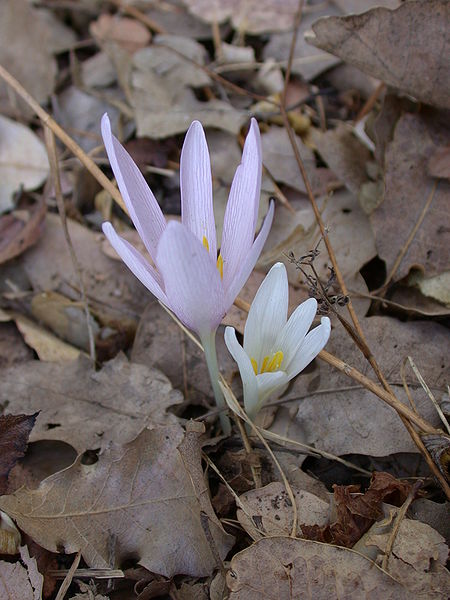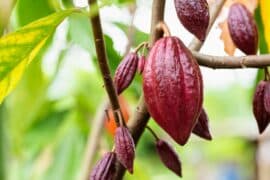Troodos autumn crocus
(Colchicum troodi)

Description
Colchicum troodi, also known as Troodos autumn crocus, is a flowering plant species that belongs to the family Colchicaceae. It is endemic to the Troodos Mountains in Cyprus, and it is highly valued for its ornamental properties. This article will provide an in-depth look at Colchicum troodi, including its physical characteristics, habitat, cultivation, and potential uses. Physical Characteristics Colchicum troodi is a bulbous perennial plant that typically grows to a height of 15-20 cm. It has long, narrow, and strap-shaped leaves that emerge after the flowers have bloomed. The leaves are green and can grow up to 25 cm in length. The flowers of Colchicum troodi are borne on tall, slender stems that emerge directly from the bulb. They are large and showy, with a cup-shaped structure that is typically deep pink or purple in color. The flowers have six petals that are arranged in two whorls, and they bloom in the late summer or early autumn. Habitat Colchicum troodi is endemic to the Troodos Mountains in Cyprus, where it grows in subalpine and alpine meadows at elevations between 1500-2000 meters. The plant is adapted to the harsh conditions of its habitat, including cold temperatures, high winds, and low precipitation. Cultivation Colchicum troodi is highly valued as an ornamental plant, and it is often grown in gardens and parks around the world. The plant is relatively easy to cultivate, and it prefers well-drained soil and a sunny or partially shaded location. The bulbs of Colchicum troodi should be planted in the autumn, typically around October or November. They should be planted at a depth of around 10-15 cm, and they should be spaced at least 10-15 cm apart. The plant is hardy and can tolerate temperatures down to -15°C. Uses Colchicum troodi is primarily grown for its ornamental value, and it is often used in rock gardens, borders, and containers. The plant is also used in traditional medicine, particularly in the treatment of gout and other inflammatory conditions. The plant contains a number of biologically active compounds, including colchicine, which has been shown to have anti-inflammatory, anticancer, and antimitotic properties. Colchicine is also used in the treatment of gout, as it reduces the production of uric acid in the body. Conclusion Colchicum troodi is a highly valued plant species that is endemic to the Troodos Mountains in Cyprus. It is a bulbous perennial plant that produces showy flowers in the late summer or early autumn. The plant is relatively easy to cultivate and is often grown for its ornamental value. Colchicum troodi also has potential medicinal uses, particularly in the treatment of gout and other inflammatory conditions. Overall, Colchicum troodi is an interesting and beautiful plant species that is worth cultivating and studying further.
Taxonomic tree:







